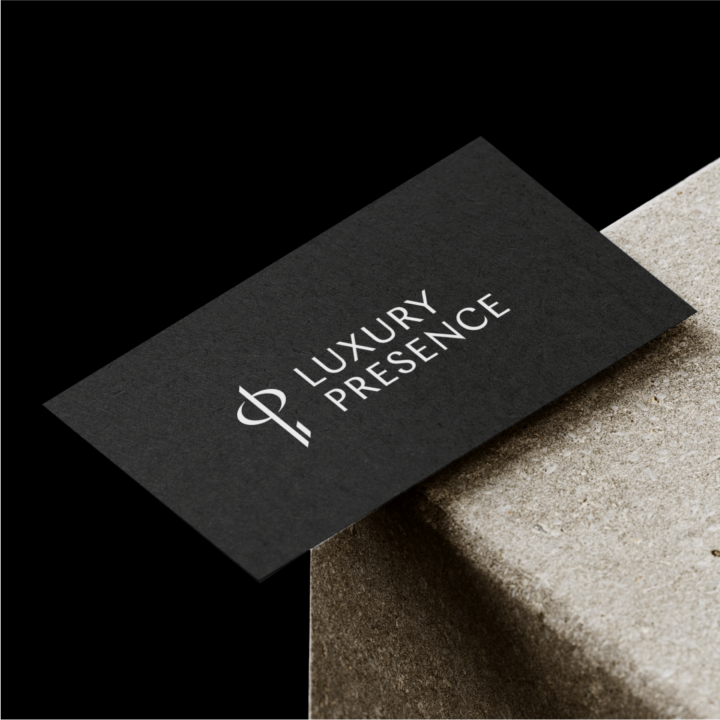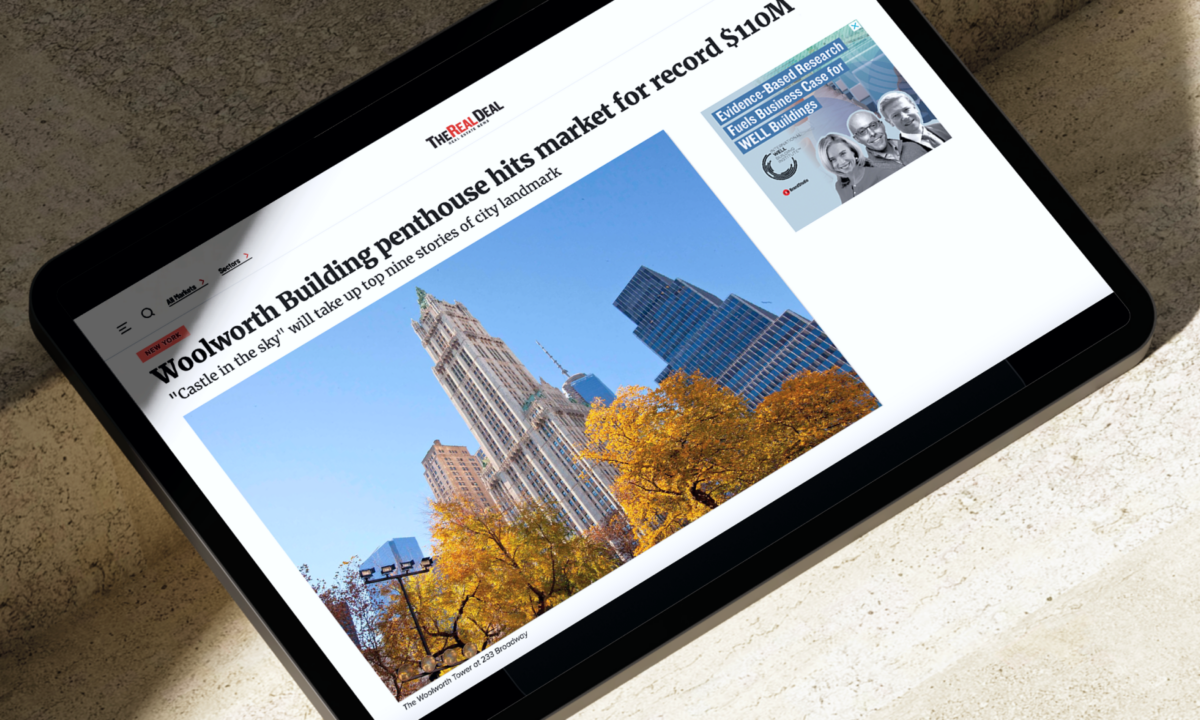In real estate, trust is everything. And while your expertise and market knowledge set you apart, it’s your client reviews that often seal the deal for future buyers and sellers.
Today’s consumers don’t just rely on word of mouth — they turn to Google, Zillow, and social media to research agents before making a decision. A strong portfolio of positive client testimonials doesn’t just validate your expertise — it actively generates leads, strengthens your online presence, and helps you stand out in a crowded market.
But asking clients for reviews — and collecting and leveraging positive feedback — takes a thoughtful approach. Here’s how to do it in a way that grows your business.
Find It Fast
Why client reviews make the perfect marketing tool
Reviews are one of the most powerful assets in your real estate marketing strategy. They provide:
- Social proof: Potential clients trust peer experiences over traditional advertising. In fact, 93% of consumers say online reviews impact their purchasing decisions.
- SEO benefits: Reviews help boost your ranking in search, making you easier to find online.
- Validation of value: Authentic testimonials reinforce your expertise, professionalism, and results. A recent survey found that 72% of people say that positive reviews make them trust a local business more.
- Competitive edge: The more positive reviews you have, the more you stand out from other agents. Studies show that 86% of people will hesitate to purchase from a business that has negative online reviews and 96% of customers value online reviews when selecting a residential home services provider.

When to ask for a review
The key to getting more client testimonials? Asking at the right moment. The best time to request a review is when a client is still experiencing the high of a successful transaction. Consider these strategic touchpoints:
- Right after closing: The excitement of securing a dream home or successfully selling a property is at its peak.
- When they express satisfaction: If a client tells you they’re thrilled with your service, that’s your cue to ask.
- During a follow-up email or call: Checking in post-closing? Use this as an opportunity to request feedback or referrals.
- At key milestones: For buyers, this might be their move-in anniversary. For sellers, it could be one year after a successful sale.
How to ask clients for reviews
The way you frame your request has a big impact on whether a client takes action. A vague “Would you mind leaving me a review?” often gets overlooked. Instead, try these strategies.
Make it as easy as possible
If there’s friction in the process, people will put it off — or forget entirely. To increase responses:
- Provide direct links to your review profiles (Google, Zillow, LinkedIn, etc.).
- Offer a simple prompt for inspiration (e.g., “What did you enjoy most about working together?”).
- Let them know it’s quick and easy — a few sentences are all it takes.
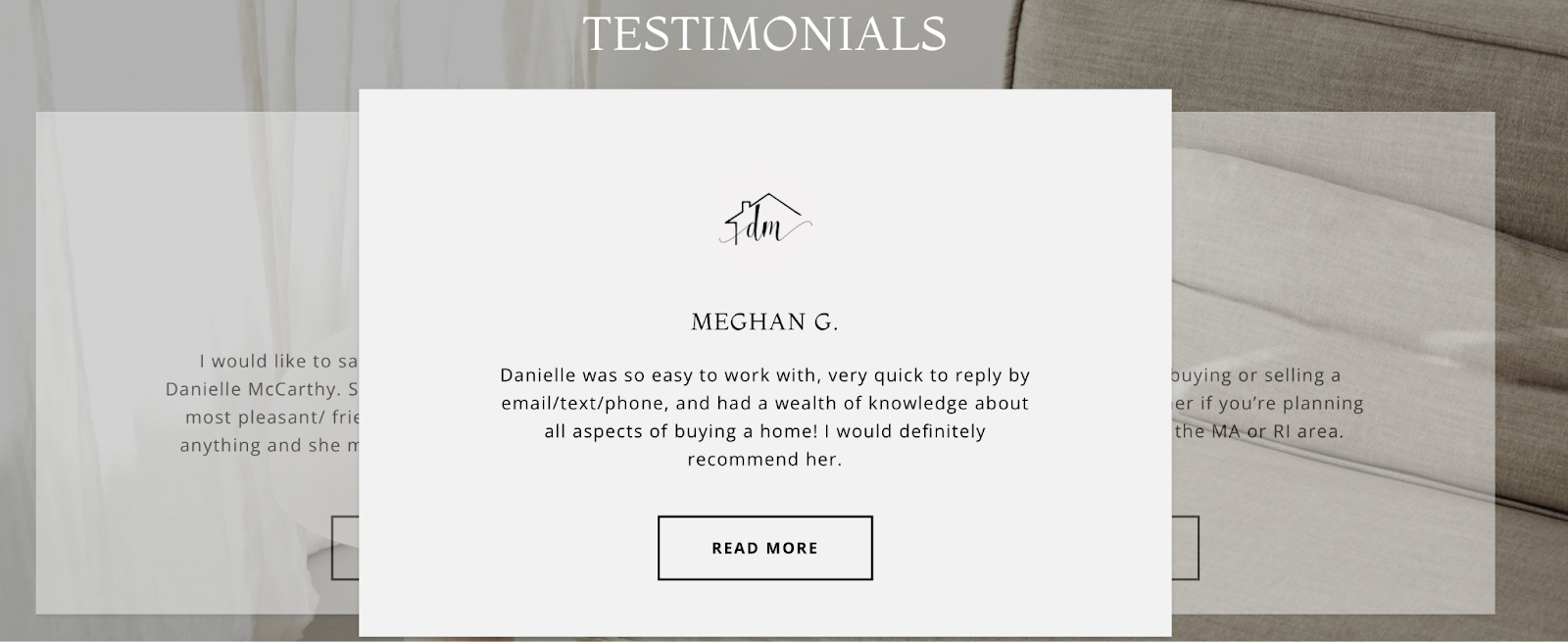
Explain why it matters
Clients are more likely to leave a review if they understand how it helps. Try a simple note like: “Your feedback not only helps future buyers and sellers — it also supports my business. If you’ve had a great experience, I’d love for you to share it!” This makes clients feel like they’re giving back.
Personalize your request
Make your ask specific and heartfelt. Instead of a generic message, reference details about their experience working with you. For example:
- Don’t say: “Would you be willing to leave me a review?”
- Say: “I loved working with you on the sale of your home in {neighborhood}! I hope you’re enjoying the {feature of the home or area}. If you have a moment, I’d be so grateful if you could share a few words about your experience. Here’s a direct link to leave a review: {insert link}.”
Show genuine gratitude
Always express appreciation — before and after they leave a review. A thank-you note or text can go a long way in building long-term goodwill.
Where to collect reviews
To maximize your visibility, don’t limit yourself to a single review platform. Instead, diversify across the following:
- Google Business Profile: Crucial for SEO and local search rankings
- Zillow and realtor.com: Go-to sources for homebuyers researching agents
- Yelp and Facebook: Adds social credibility
- LinkedIn: Great for showcasing recommendations from industry professionals
- Your website: A dedicated testimonials page builds trust instantly
Rotate fresh testimonials across your website, marketing materials, and social media to keep them visible and relevant.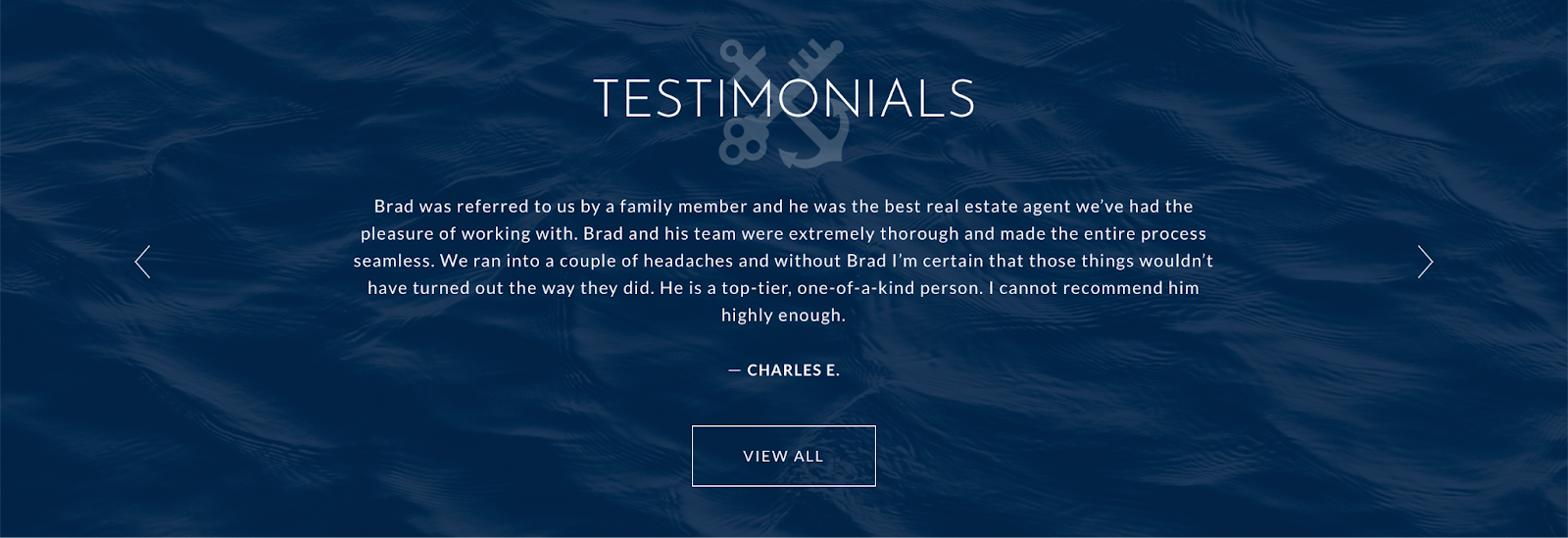
Following up when a client doesn’t respond
Even happy clients get busy, and sometimes your initial request gets lost in the shuffle. The following friendly follow-ups could be just the nudge they need.
A light reminder (3-5 days later)
“Just a quick follow-up! If you have a moment to leave a review, I’d be truly grateful. Here’s the link again: {insert link}. Your feedback makes a big difference!”
A final check-in (after 2 weeks)
“Hey {client’s name}, I hope you’re settling in well! If you haven’t had a chance to leave a review yet, I’d love to hear your thoughts. It only takes a minute, and it helps future clients know what to expect. Thanks so much!”
How to leverage testimonials for maximum impact
Once you’ve collected great reviews, don’t just let them sit on a third-party site — put them to work in your marketing strategy.
Feature reviews on your website
- Create a dedicated testimonials page.
- Showcase the best quotes on your homepage. Luxury Presence designs keep testimonials front and center. The example below is from one of our templates that showcases testimonials in a carousel format.
- Use client success stories as inspiration for blog posts or case studies.
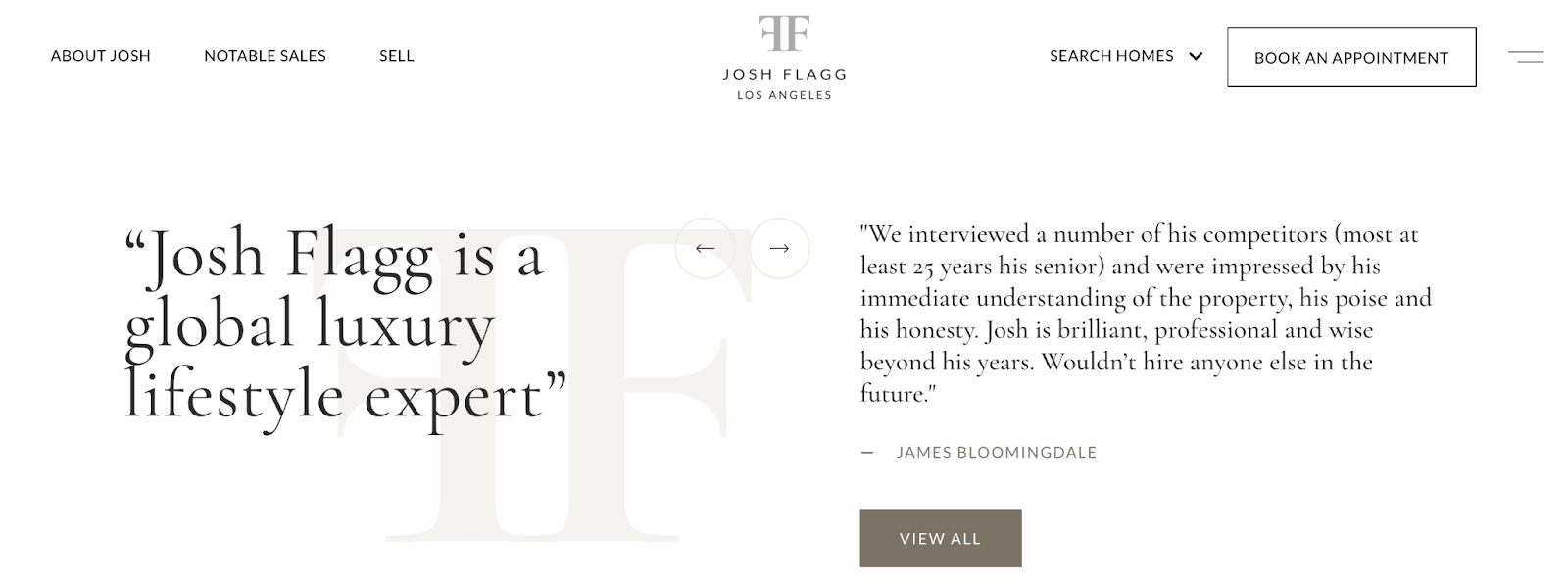 Share them on social media
Share them on social media
- Turn reviews into eye-catching quote graphics.
- Add them to Instagram Stories and Highlights.
- Include them in property listing promotions to build trust.
View this post on Instagram
Include testimonials in email marketing
- Add a client spotlight section in newsletters.
- Use them as P.S. statements in emails to reinforce your value.
Integrate them into your listing presentations
- Show leads how past clients felt about your service.
- Present reviews as proof that your strategies get results.
Expert website design services
Every day, Luxury Presence creates and manages real estate websites for some of the biggest agents, teams, and brokerages in the country. Learn how we can transform your online presence.

Handling negative reviews with professionalism
Not all reviews will be glowing — and that’s okay. How you respond matters just as much as the review itself.
Best practices for responding to negative feedback
- Stay professional: Thank them for their feedback, even if it feels overly critical.
- Acknowledge their concern: Show that you take their experience seriously.
- Seek a resolution: If possible, offer to resolve the issue.
- Take it offline: If needed, suggest a private conversation to address concerns.
You can customize this example response template for your business:
“Thank you for your feedback, {name}. I’m sorry to hear that your experience wasn’t what you expected. I’d love the opportunity to discuss this further — please feel free to reach out at {your email} so we can make it right.”
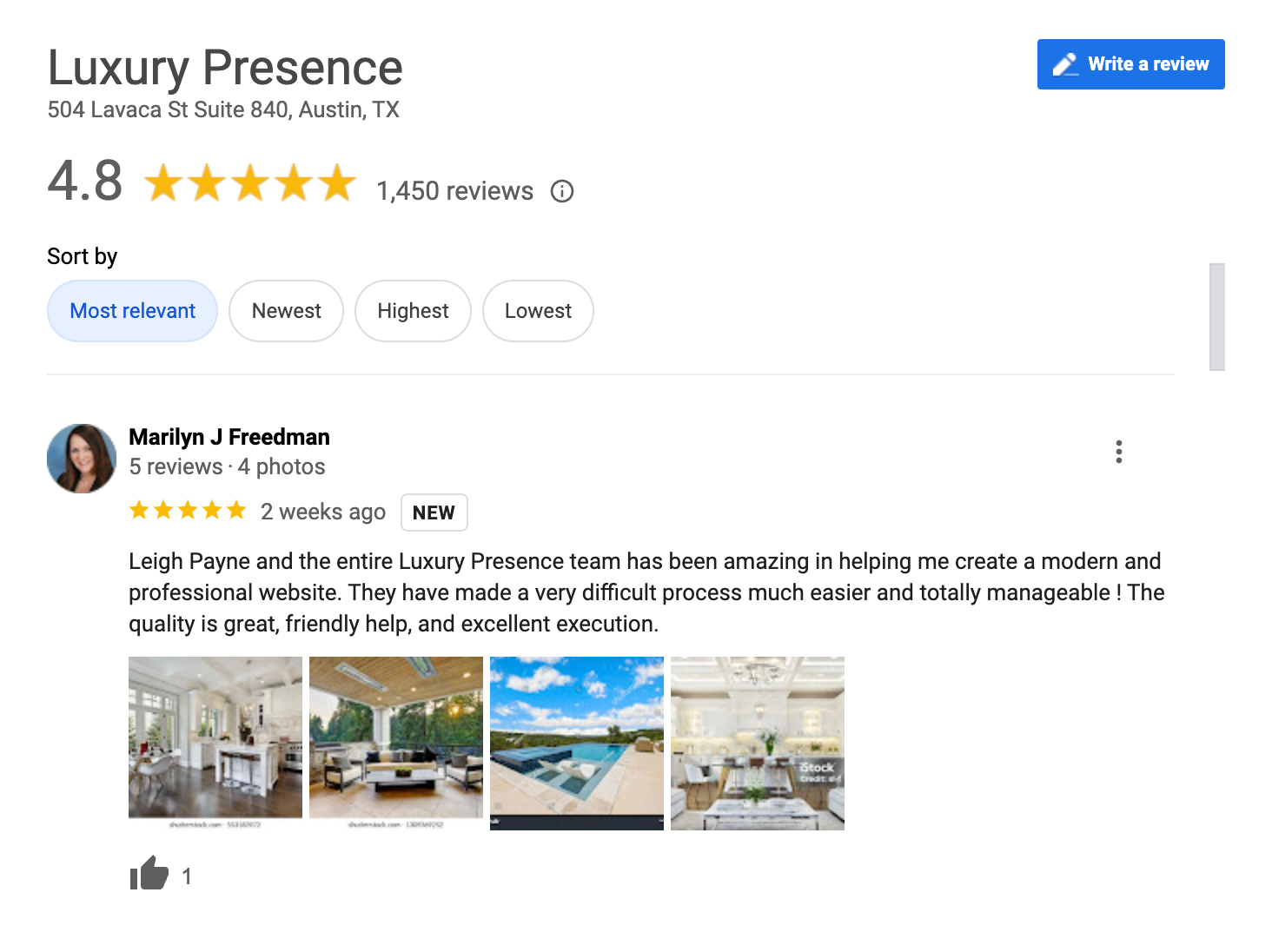
Optimizing reviews for SEO
Beyond credibility, reviews play a crucial role in boosting your search rankings. Here’s how to make the most of testimonials when posting them to your website:
- Encourage detailed reviews: A review like “Great experience with {agent name}!” is fine, but “{agent name} helped us sell our home in {city} above asking price in just a week!” is better for SEO because it includes keywords other sellers might be searching for.
- Regularly refresh reviews: New testimonials signal ongoing success.
- Use schema markup: This is a standardized code added to a website’s HTML that provides explicit information about the content and context of web pages, helping search engines better understand and display the information in search results.
Your client testimonials legacy + Luxury Presence
At Luxury Presence, we understand that client testimonials are more than just reviews — they’re the foundation of your reputation and the key to attracting your ideal clients. Our websites offer the perfect platform to showcase your hard-won testimonials, helping you build trust and credibility effortlessly.
Luxury Presence can elevate your marketing strategy
Learn how we can help take your real estate business to the next level. Schedule a time to speak with one of our branding experts today.
